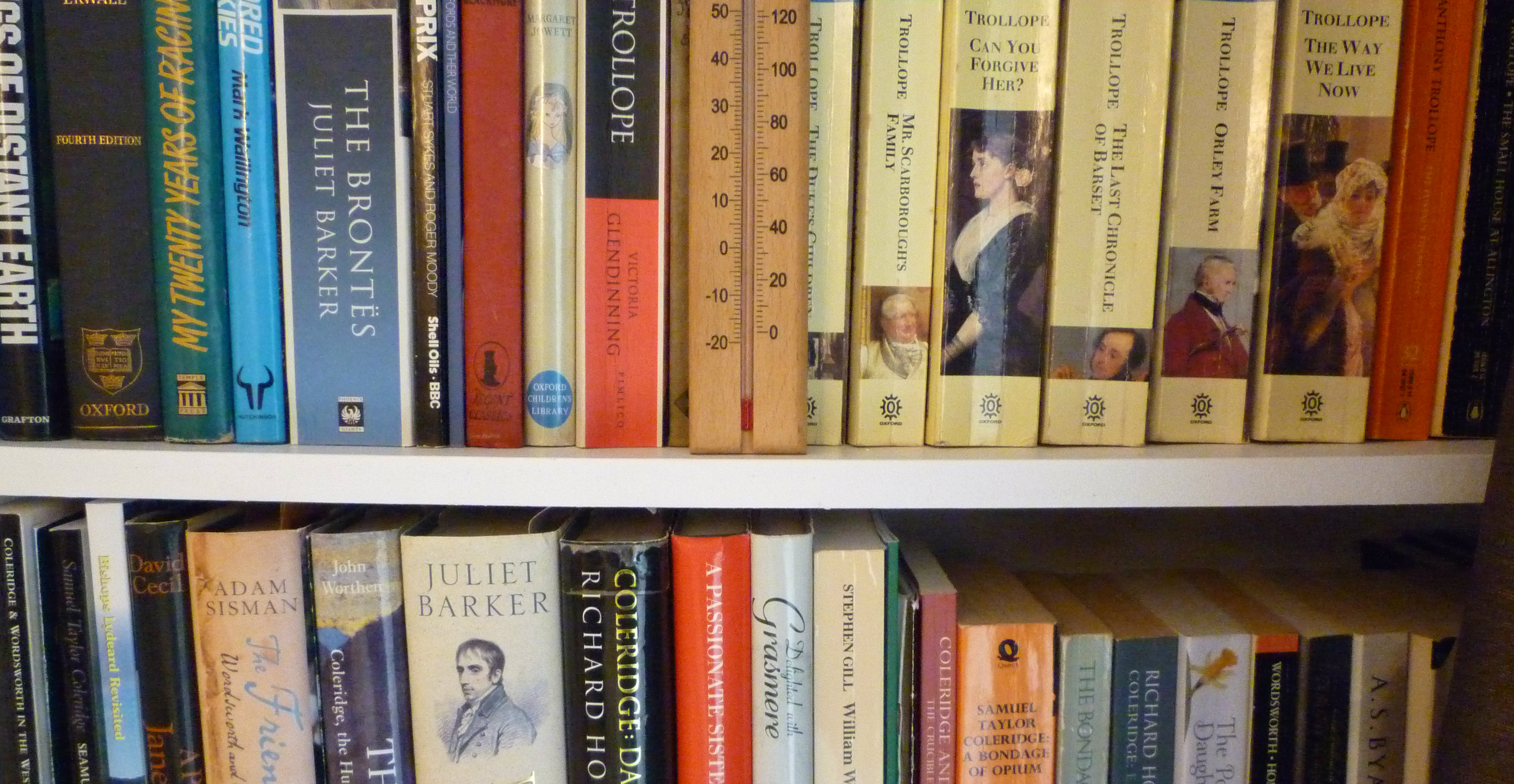Blogs
Why I like to Write

I’ve always loved reading and been interested in what makes writers write their books and novels in a certain style. Some writers, for example, explain everything to their reader step by step, introducing their characters to us by minute observation and advancing chronologically through their stories. This is particularly true of the classic novelists like Trollope and Austen. These writers often tend to use their own experiences to tell their stories, rather than relying solely on their imaginations. Then there are the writers, particularly the contemporary ones who rely totally on imagination, building fantastical worlds and stories. And the ones who rely on a bit of both: a bit of imagination applied to a more mundane story. These writers are often brave with their time scales and characters, darting around from present day to past, allowing us to work out gradually what makes their characters tick and what is going on in the story. I envy them. I belong very firmly to the camp who tell their story as it happens, describe their protagonists as they appear, keep very few secrets from you.
So, to get back to the title of this blog. I’ve always enjoyed telling a story. I used to love it in English Language when they wanted an essay for homework. Or a poem. I like expressing myself. And I like observing real life and incorporating real-life incidents it into my stories. My husband hates it when I listen in to other people’s conversations when we’re out for lunch or coffee, but this is the way I learn about people and about what makes them do the things they do.
My novels , apart from the one based on my parents’-in-law’s letters, are largely auto-biographical, and with a few minor exceptions, based on events I have experienced myself. I like to write about women’s lives and relationships, and am particularly interested in women’s position in society, their role as wives and mothers, and the effects of marriage and divorce on family life.
Poetry is a different way of expressing myself. More lyrical than prose, less structured than a novel. Words and phrases fly into my head. Getting them into some sort of order can be challenging, but it’s satisfying when it’s done. A bit like doing a crossword puzzle. I find I go through phases with poetry, sometimes writing a lot, sometimes very little. Because they can be any length from a few words to several pages, they take up less of a writer’s time than a short story or a full length novel and I find they are often a good way to free up my mind when I’m stuck for ideas on a longer project.
So, when one project finishes, another one beckons. There’s a sense of relief and achievement when you finish writing a book, but a sense of loss as well: nothing to channel your creative energies into for a while, no waking in the night with a brilliant idea for the next phase of the story. But then another idea comes to you. You mull it over in your mind, think of a few characters, the plot begins to form, and before you know it you’re off on a new story.
Bethany Askew is the author of eight novels: The Time Before, The World Within, Out of Step, Counting the Days, Poppy's Seed, Three Extraordinary Years The Two Saras and I Know You, Don't I? She has also written a short story, The Night of the Storm, and she writes poetry. Two more women’s fiction books have been accepted for publication in 2020 and 2021 respectively and she is currently working on a new novel. In her spare time she enjoys reading, music, theatre, walking, Pilates, dancing and voluntary work. Bethany is married and lives in Somerset.
Recent Comments
- Bethany Askew on About the Author
- Louise Tyrrell on About the Author
- Bethany Askew on About the Author
- Yola Munro on About the Author
- Andrea crosland on About the Author
-
Latest Posts
Meta
Bethany Askew
Bethany Askew is the author of eight novels:
The Time Before, The World Within, Out of Step, Counting the Days, Poppy’s Seed, Three Extraordinary Years,The Two Saras and I know you, Don’t I?
She has also written a short story, The Night of the Storm, and she writes poetry.
Two more women’s fiction books have been accepted for publication in 2020 and 2021 respectively and she is currently working on a new novel.
In her spare time she enjoys reading, music, theatre, walking, Pilates, dancing and voluntary work.
Bethany is married and lives in Somerset.
-
My Twitter Feed
-
Today from Bethany Askew Novelist : Book Review: The Woman in the White Kimono by Ana Johns https://t.co/2J6L2spX7t... 4 years ago
-
Copyright - Bethany Askew 2009 - 2016 Follow @AskewBethany
